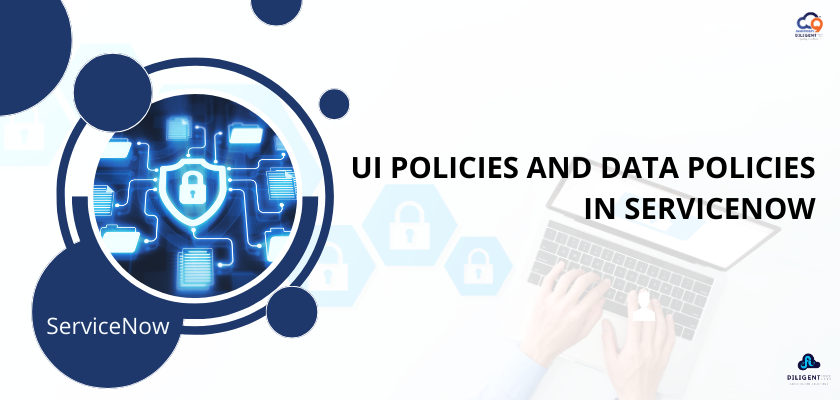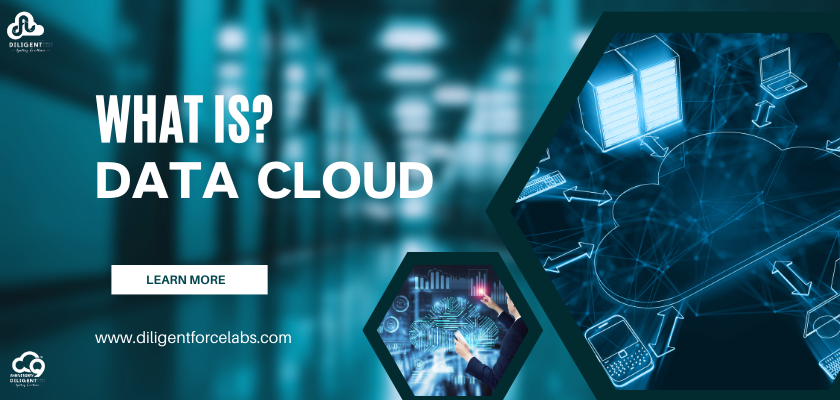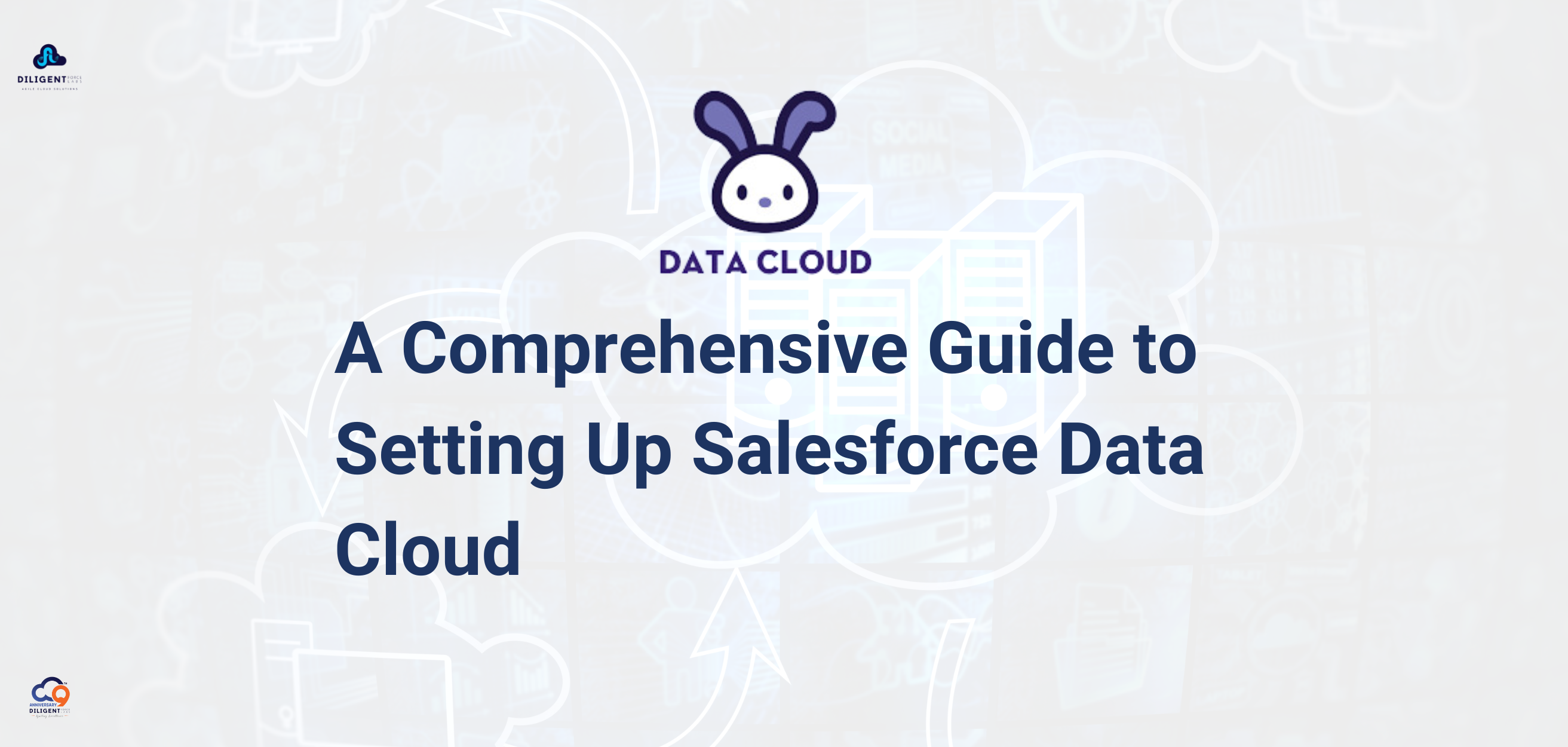In the fast-paced world of technology, the term “data cloud” has emerged as a crucial concept in the domain of data management and analytics. But what exactly is a data cloud, and how does it transform the way we handle data? Let’s explore.
What is a Data Cloud?
A data cloud serves as an integrated data management system that consolidates all data sources, storage, and supporting infrastructure within an organization. Its primary aim is to dismantle data silos, simplify data discovery, and facilitate the efficient utilization of data across various business operations.
Key Characteristics of a Data Cloud
Integration: Seamlessly integrates data from diverse sources, whether on-premises or cloud-based, providing unified accessibility.
Agility: Embraces a flexible data architecture that accommodates various data structures and types, including structured, unstructured, or semi-structured data.
Scalability: Offers scalable solutions to manage growing volumes of data without compromising performance.
AI and Machine Learning: Equipped with built-in AI and machine learning capabilities, enabling advanced analytics for informed decision-making.

How Does a Data Cloud Work?
A data cloud is not a one-size-fits-all solution; it comprises tailored components to address specific business needs. Typically, a data cloud includes:
Discoverable Data: Ensuring data is easily accessible for analysis and action.
Agile Data Architecture: Leveraging data warehouses, data lakes, or a hybrid approach for storing collected data.
Built-in AI and ML: Providing tools to embed AI/ML into business processes, fostering innovation.
Implementing a data cloud yields numerous advantages:
Centralized Management: Simplifies governance and permission control, offering a unified platform for data management.
Enhanced Mobility: Enables secure and efficient data access from anywhere, facilitating remote work and global collaboration.
Improved Performance: Enhances data exchange between different storage solutions, ensuring system compatibility.
Robust Security: Incorporates security technologies to safeguard sensitive data and ensure regulatory compliance.
Conclusion:
The data cloud represents a transformative concept that addresses the complexities of data fragmentation. By providing a unified, scalable, and intelligent data management environment, it empowers organizations to harness the full potential of their data, driving transformation and value creation.
Recent Post
15, Jul, 2024 | By Mahesh Siddireddy

09, Jul, 2024 | By Mahesh Siddireddy

How we can help you!
Contact UsJust Connect With Us!
Our team of certified Salesforce and ServiceNow consultants is standing by to offer answers, ideas and solutions.


